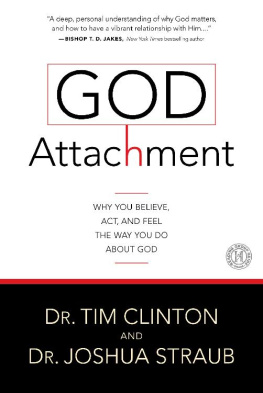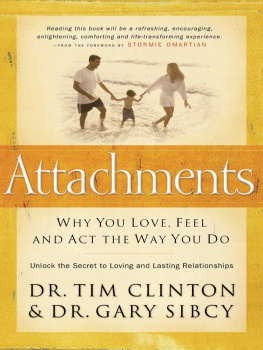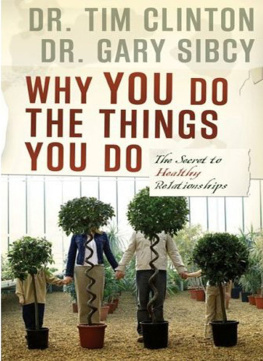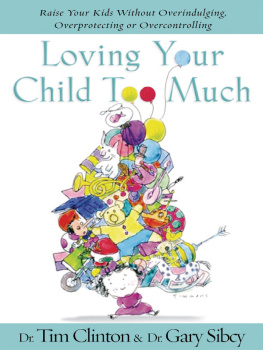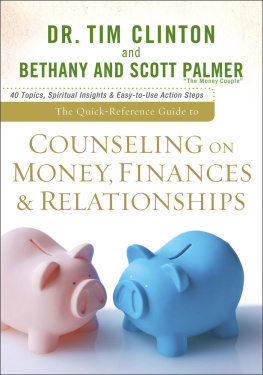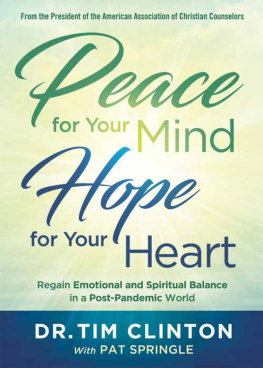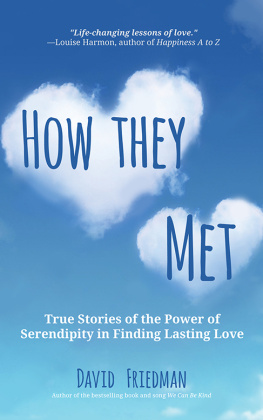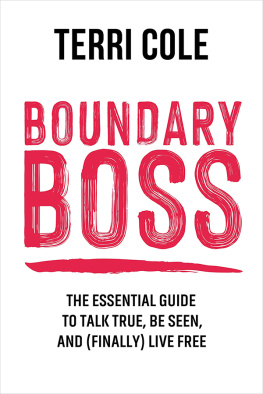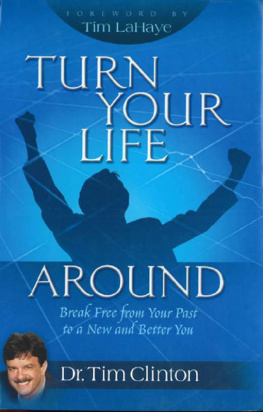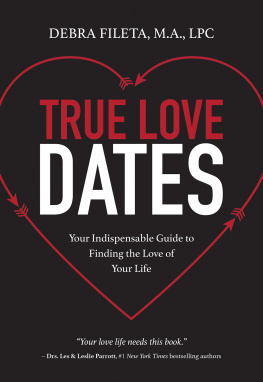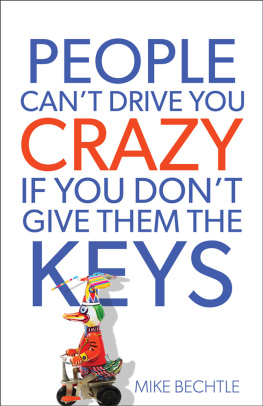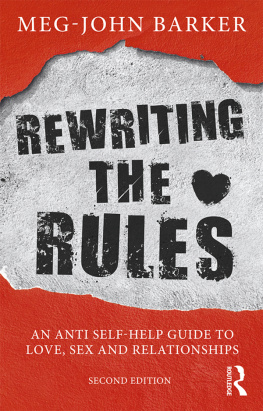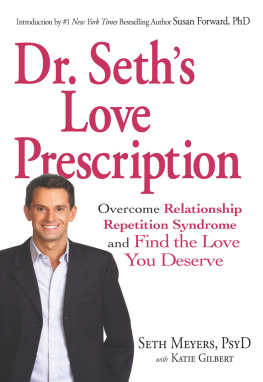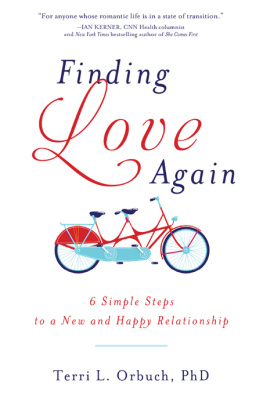About the AACC
American Association of Christian Counselors
The American Association of Christian Counselors is an association of nearly 50,000 professional counselors, pastors, and lay leaders committed to biblical integrity and clinical excellence in Christian counseling and assisting members in the development of their own counseling practices.
The AACC exists to bring honor to Jesus Christ; to encourage and promote excellence in counseling worldwide; to disseminate information, educational resources, and counseling aids; to inspire the highest level of counselor training; and to contribute to the strengthening of families.
Membership is available to professional counselors, religious leaders, and lay counselors, as well as others who are interested in Christian counseling but who have little or no professional training. AACC members enjoy numerous benefits and receive several publications, including Christian Counseling Today magazine.
At the AACC, we understand the challenges in helping others. And whether you are a pastor, clinician, physician, or lay helper, we exist to serve you faithfully as you care for others. As a member, well help you become more aware of current trends and issues in counseling, deliver cutting-edge services and other timely resourcesall designed to help increase your counseling effectiveness. As we grow together, we will work to:
- Help you use the Bible with confidence when dealing with lifes most difficult and trying issues.
- Offer insight on counseling issues and patterns that have emerged through reflection, research, and scholarship.
- Provide practical tools and strategies to help you in your day-to-day ministry.
- Offer standards and direction in handling the tough legal, ethical, and gray areas of counseling.
For more information, visit www.aacc.net or call 1-800-526-8673.
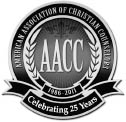
Dr. Tim Clinton, LPC, LMFT, is president of the nearly 50,000-member American Association of Christian Counselors (AACC) and founder of Light University Online, which has over 160,000 students enrolled. He is also the professor of counseling and executive director of the Center for Counseling and Family Studies at Liberty University.
Pat Springle is the founder of Baxter Press and coauthor of the classic work, Codependency. Pat served on the staff of Campus Crusade for Christ and was an executive with Rapha Treatment Centers. Springle has authored or coauthored more than fifty books.
Acknowledgments
This book would not have been possible without the support, input, and encouragement of our family, friends, and colleagues.
We want to thank:
Team AACCincluding Laura Faidley, Ryan Carboneau, Hitomi Makino, and Leonard Davidsonwho gave invaluable assistance in crafting and editing the manuscript.
Kris Bearss, executive editor at Worthy Publishing, who believed in the message of this book.
Our professors, mentors, pastorsand many from ages pastwhose piercing insights about relationships form the core of our message.
The dozens of courageous men and women whose stories are found (if sometimes disguised) in these pages. They have wrestled with deep hurts, disappointments, and distorted perceptions, but they never gave up. They are examples for all of us.
And most of all, our Lord and Savior Jesus Christ, who daily blesses us with his love, grace, and forgiveness. The steadfast love of the LORD never ceases; his mercies never come to an end; they are new every morning; great is your faithfulness (Lamentations 3:2223 ESV).
APPENDIX
Break Through to Great Parenting
In , we explored the need for parents to provide roots and wings for their kids. But what are other keys to great parenting?
Effective Parents Accept
Changes in the Relationship
In a scene that has been reenacted hundreds of times, a couple went to a counselor for help with their fourteen-year-old daughter. Janice complained, I dont know what happened to our sweet little girl. Tonya has always been so kind and loving; weve never had any problem with her before.
Her husband, Daniel, jumped in to explain, Its so strange. Everything weve always liked, she now hates: music, television shows, movies, food, everything. Ive always rooted for my college team, but now she cheersright in front of mefor our archrival. He took a deep breath and asked, Ive read articles about oppositional defiant behavior. Is that what it is?
The counselor knew their daughter well enough to suspect a very different diagnosis. Smiling at the distraught couple, he told them, No, shes being a teenager. Tonyas hit that phase called adolescence, where the job of every young person is to carve out his or her own identity.
Psychologists call this individuation; its the process of an adolescent becoming a fully functioning individual instead of an extension of the parents. This doesnt mean that parenting no longer matters at this stage. Quite the contrary. It means that parents are parenting their children through a transition into adulthood. However, a common way for a child to take this step is to test and question whatever has been meaningful to the parents.
The counselor continued, Not only is your daughters behavior entirely normal, its essential. In this respect, shes doing what all normal, healthy teenagers do. Shes growing up, becoming a whole, healthy person who is independent of you. Shes creating her own identity in the only way she knows how: by staking out differences from current expectations and authorities, which means she will naturally question the opinions, beliefs, values, interests, and tastes of those around her.
He paused to let this sink in and then explained, You have two optionsresist or celebrate. The road you choose will produce one of two different results: tremendous conflict and heartache, or remarkable growth and joy for all of you. Choose wisely.
Daniel and Janice were exhausted and confused. Like most parents at this juncture, they were inclined to impose additional rules rather than working on the relationship with their daughter. However, that pathway leads only to increased distance. On the other hand, rules combined with relationship lead to respect.
Fortunately, Daniel and Janice realized the wisdom of the counselors observations.
They didnt have to take every disagreement with their daughter personally. They could let some less important things slide and learn how to open dialogue about the most significant issues, even when Tonya questioned their views. Over time, they realized that demanding instant compliance from Tonya had created some unnecessary tension and eroded their daily communication.
When Daniel and Janice chilled out and quit sweating so much of the small stuff, their relationship with Tonya improved. They laughed with their daughter instead of constantly correcting her. When Tonya wanted to paint her nails a horrid color, for example, her mom took her to the store and suggested some colors that were even more garish. They came to enjoy great conversations about all kinds of things, and began to build a new kind of relationship with herone that would one day lead to them valuing each other as peers once she became an adult.
Effective Parents Weather
Challenges to the Status Quo
With some parents, youd think the goal of parenting during the teenage years was: Control our kids behavior so he (or she) doesnt embarrass us.
Theres no question that teenagers need structureroles, rules, and expectations. Imposing excessive rules on your teenager, or making all the decisions for them, may have the short-term benefit of controlling immediate behavior, but parents who persist in smothering and demanding behavior communicate, I dont trust you, and I dont believe youre competent to make choices without me. This produces insecure, angry young men and women who arent prepared to make it in the adult world. So one of the puzzles parents need to figure out is whats important and whats not. Not every issue is crucial. As the saying goes, you need to Choose the hill you want to die on.
Next page

